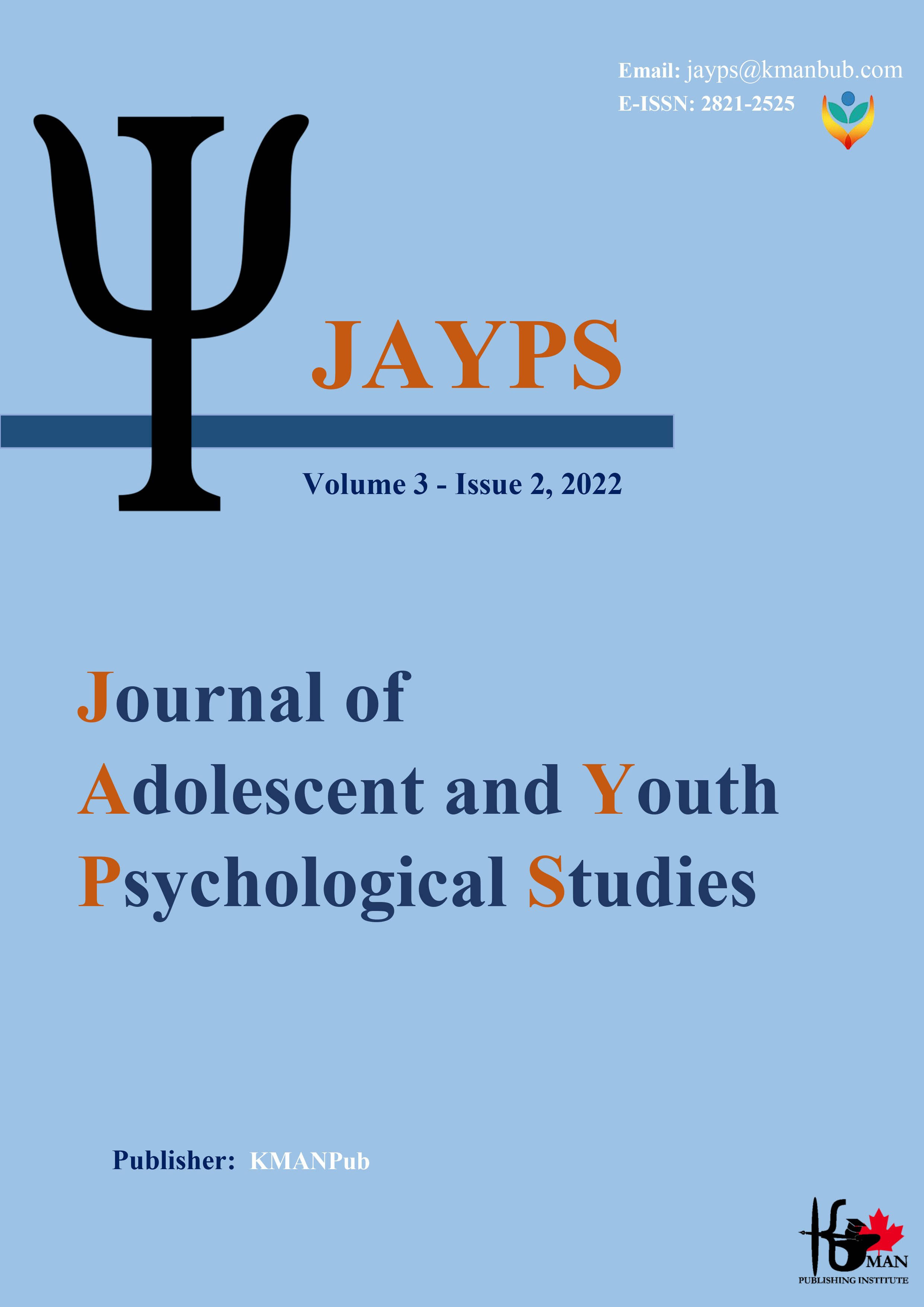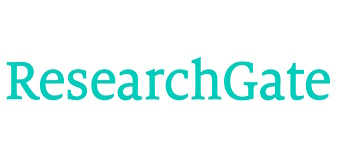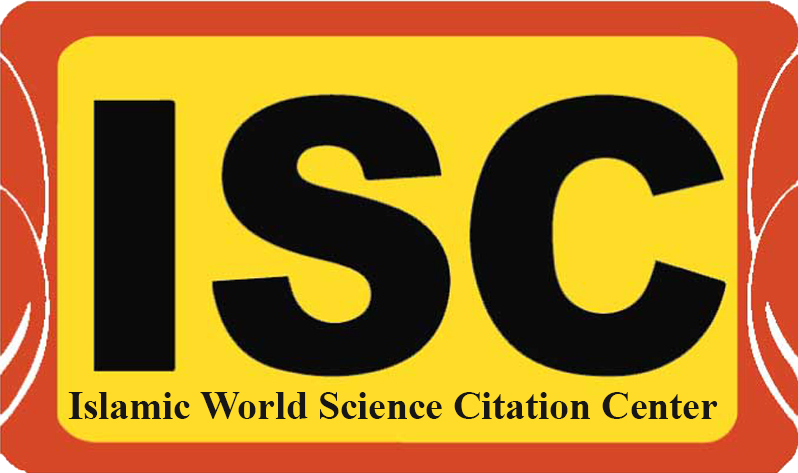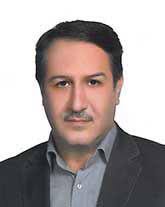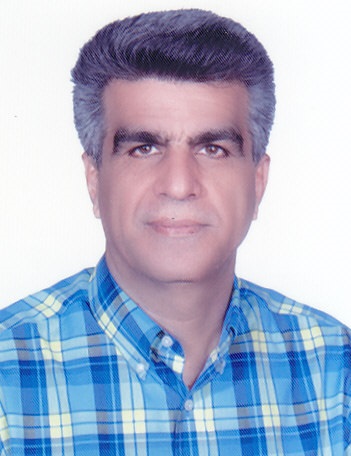Analyzing the challenges of Iran's education system in the field of knowledge transfer
Keywords:
Education, inefficiency, knowledge transfer, attitude of experts, parents and studentsAbstract
Background and Aim: Among the functions expected of the education system, it can be considered the most basic function, in addition to the socialization of the individual, and the transfer of knowledge, which is the main goal of education. However, Iran's educational system is facing weak and unacceptable results in this area (the results of the TIMSS and PIRLS international tests). The current research was conducted to provide a model for the education system's challenges in the knowledge transfer field. Method: This study was applied in terms of purpose and qualitative in terms of execution method. The statistical population of the research was teachers, parents of students and experts, and experts in the field of education in the year 1400, which examined the opinions and experienced perceptions of these key human elements and the most informed in the field of the education system. According to the principle of theoretical saturation, the sample was considered to be 23 people who were selected by quota sampling method. The data was collected through in-depth semi-structured interviews, the validity of which was verified with the help of four experts and two research colleagues. Its reliability was obtained using Cohen's kappa coefficient method of 0.63. The data were analyzed by thematic analysis, including open, central, and selective coding in MAXQDA20 software. Results: The challenges related to the process of knowledge transfer (within the education system) were centered around the three main pillars of this process, i.e., the teacher, the student, and the context, in which a total of 12 components have been identified and extracted; which were: mental and behavioral problems of the teacher, weak skills of the teacher in teaching the students, weak cognitive, skill and performance of the teacher, mental and psychological problems of the student, inappropriate educational environment, lack of laboratory facilities and educational equipment, problems Educational content, deep-rooted problems in the primary level (as the basis and basis of education), the weakness of teaching while serving teachers, the lack of importance of the education system to creativity, the weakness of pre-service training for teachers, the weakness of the teacher evaluation system. Factors affecting inefficiency were also identified in the structural background of the education and the last five components and the environmental background outside the system with the two factors of teachers' legal and livelihood problems and the low social status of the teacher. Conclusion: This research, which has analyzed the problem of inefficiency with a sociological perspective, has found a series of factors that ultimately lead to inefficiency in the field of knowledge transfer, among which all factors within the system are affected by The external environment is the education system, and it shows the need to pay attention to the macro structures of society and other sub-systems affecting this system (politics and economy) in order to solve the problem of knowledge transfer inefficiency.
Downloads
Downloads
Published
Issue
Section
License

This work is licensed under a Creative Commons Attribution-NonCommercial 4.0 International License.

